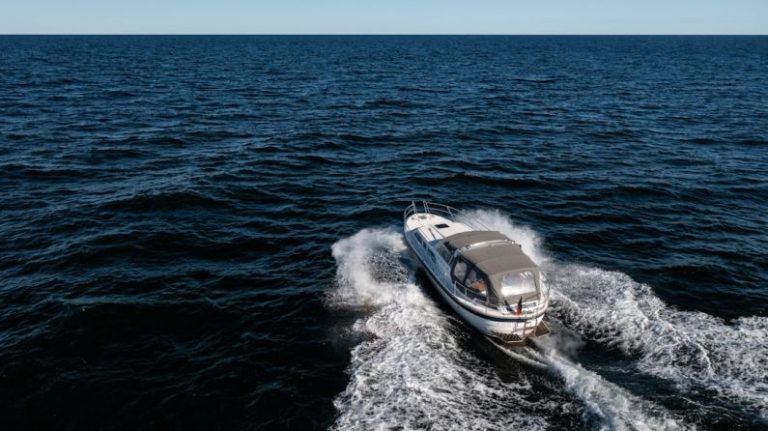Choosing the Right Fuel for Your Yacht
When it comes to owning and operating a yacht, one of the key decisions that owners must make is choosing the right fuel. The type of fuel you select can have a significant impact on the performance, efficiency, and maintenance of your vessel. With various options available in the market, it is essential to understand the differences between them and their respective benefits and drawbacks to make an informed decision. In this article, we will delve into the factors to consider when choosing the right fuel for your yacht.
**Gasoline vs. Diesel: The Main Contenders**
One of the primary decisions you will need to make is whether to use gasoline or diesel fuel for your yacht. Gasoline is more commonly used in smaller boats and yachts, typically those under 30 feet in length. It is readily available at most marinas and tends to be less expensive than diesel fuel. On the other hand, diesel fuel is the preferred choice for larger yachts due to its higher energy density, which provides more power and better fuel efficiency.
**Performance and Efficiency**
When it comes to performance, diesel fuel tends to outperform gasoline. Diesel engines are known for their torque and fuel efficiency, making them ideal for long-distance cruising and extended periods at sea. Gasoline engines, while providing good acceleration, are generally less fuel-efficient and may require more frequent refueling, especially on longer journeys.
**Environmental Impact**
In recent years, there has been a growing focus on reducing the environmental impact of marine vessels. Diesel fuel has traditionally been associated with higher emissions of pollutants such as sulfur dioxide and particulate matter. However, advancements in technology have led to the development of cleaner-burning diesel engines that meet stringent environmental regulations. Gasoline engines, on the other hand, tend to produce lower emissions but may still contribute to air and water pollution.
**Fuel Availability and Infrastructure**
Another crucial factor to consider is the availability of fuel and the infrastructure to support it. While gasoline is more commonly available at marinas and fuel docks, diesel fuel can sometimes be harder to come by, especially in remote or less developed areas. It is essential to plan your routes and refueling stops accordingly to ensure you have an adequate fuel supply throughout your journey.
**Maintenance and Longevity**
The type of fuel you choose can also impact the maintenance requirements and longevity of your yacht’s engine. Diesel engines are known for their durability and longevity, requiring less maintenance over time compared to gasoline engines. Diesel fuel also contains lubricating properties that can help extend the life of engine components. However, diesel engines may be more expensive to repair when issues arise.
**Choosing the Right Fuel for Your Yacht: A Personal Decision**
Ultimately, the choice between gasoline and diesel fuel for your yacht will depend on various factors, including the size of your vessel, your cruising habits, environmental considerations, and personal preferences. It is essential to weigh the pros and cons of each type of fuel carefully before making a decision. Consulting with marine fuel experts and yacht manufacturers can also provide valuable insights to help you make an informed choice.
**In Summary: Making the Best Decision for Your Yacht**
Selecting the right fuel for your yacht is a crucial decision that can impact your vessel’s performance, efficiency, and environmental footprint. By considering factors such as performance, efficiency, environmental impact, fuel availability, maintenance requirements, and personal preferences, you can make an informed choice that aligns with your needs and values. Whether you opt for gasoline or diesel fuel, ensuring that your yacht is powered by the right fuel can enhance your boating experience and enjoyment on the water.






